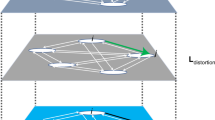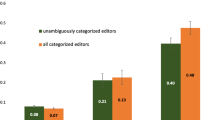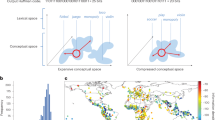Abstract
THE small band of scientific men who have long been convinced that in Latin we have at hand the best possible universal language for scientific purposes will be gratified to note the matter has recently come to the tore in your columns, though the regrettable cause be the death of an eminent man. The urgent need of an international medium of scientific communication has by now become sufficiently obvious, and has led, not only to the advocacy of Esperanto, but to the manufacture, mainly in Germany and by typically German methods, of yet another “language,” understood to be specially aimed at scientific requirements.
This is a preview of subscription content, access via your institution
Access options
Subscribe to this journal
Receive 51 print issues and online access
$199.00 per year
only $3.90 per issue
Buy this article
- Purchase on Springer Link
- Instant access to full article PDF
Prices may be subject to local taxes which are calculated during checkout
Similar content being viewed by others
Rights and permissions
About this article
Cite this article
CASPARI, W. International Latin. Nature 97, 81–82 (1916). https://doi.org/10.1038/097081a0
Issue Date:
DOI: https://doi.org/10.1038/097081a0
Comments
By submitting a comment you agree to abide by our Terms and Community Guidelines. If you find something abusive or that does not comply with our terms or guidelines please flag it as inappropriate.



